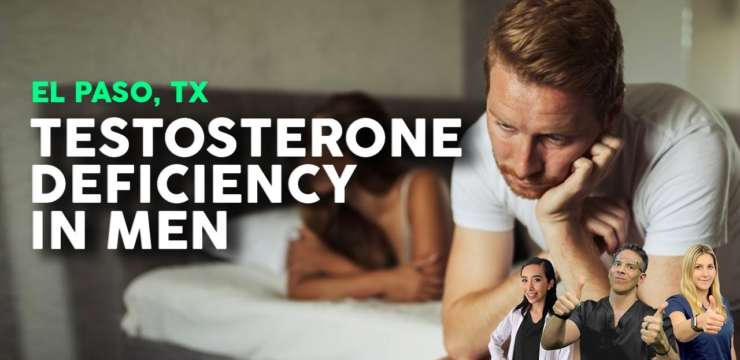In this Functional Medicine podcast Dr. Alex Jimenez invites Master Hypnotist Eric Richmond CRNA, BCH, CI, RM and Connie Pemberton – retired RN to talk…


In this Functional Medicine podcast Dr. Alex Jimenez invites Master Hypnotist Eric Richmond CRNA, BCH, CI, RM and Connie Pemberton – retired RN to talk…

Muscle cramp and muscle spasm: Three types of muscles make up the body. Cardiac muscle makes up the heart. Smooth muscle cells line the blood…

Getting dizzy can happen, usually after standing up too fast or staring at an optical illusion then looking away. The unsteadiness can be troubling but…

Tinnitus is defined as the perception of sound without an external acoustic stimulus. It is a prevalent complaint in ENT offices, but the etiology of…

Chiropractors and spine specialists utilize spinal imaging through X-rays, MRIs, or CT scans to figure out what is causing back problems and pain. Imaging is…

When back pain presents for a prolonged period, the back muscles reduce in mass but increase fat content, resulting in more stiffness. This leads to…

Balance is the state of equilibrium; it means to have an equal distribution, and it relates to the optimal state of health. Nowadays, managing our…

Welcome to our newest functional Medicine presentation, in this episode we will talk Testosterone Deficiency in Men. An expert will help us describe testosterone deficiency,…

Many individuals do not realize the importance of the type of pillow they use for sleep. Sleeping on the wrong pillow is the perfect set-up…

Low back, neck, shoulder, hip, leg, and foot pain causes everyday discomfort and a bad mood. Chronic pain exacerbates the discomfort and bad mood times…

After learning the intricacies between neuronal signaling and gastrointestinal hormonal stimulation, we now understand how they influence each other. However, we need to take into…

More individuals are reporting extreme levels of stress. Studies indicate that an increasing number of individuals are feeling worried, anxious, or depressed regularly from various…


The crosstalk between the gastrointestinal hormones that promote metabolic cues is integrated by the anorexigenic proopiomelanocortin (POMC) and orexigenic neuropeptide Y (NPY) neurons localized in…

Hormones are the mediators of multiple metabolic, reproductive and developmental processes in our body. In addition, hormonal secretion depends on an intricate feedback loop that…

The quadriceps muscle consists of four muscles in front of the thigh that connects to the knee right below the knee cap. These muscles straighten…